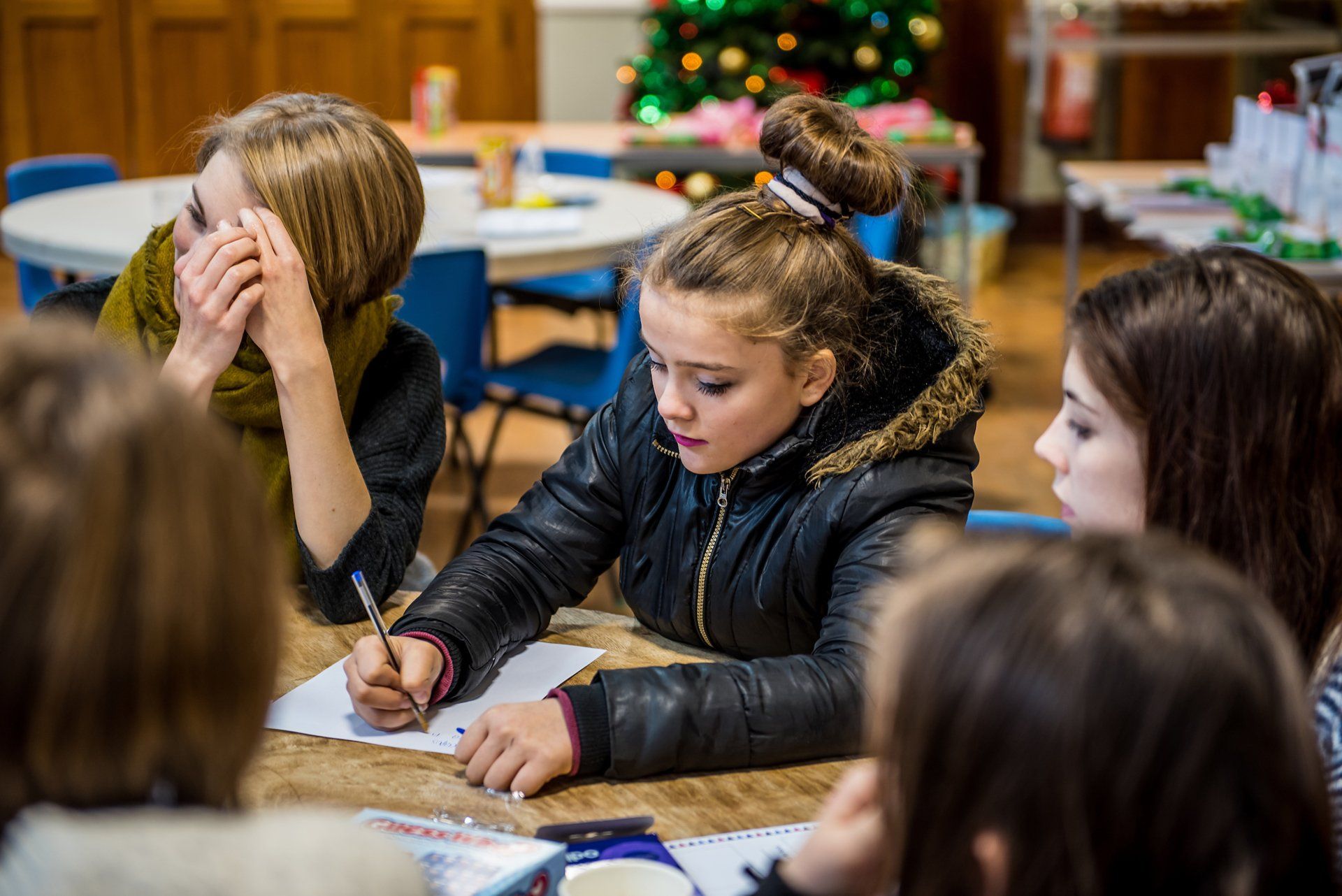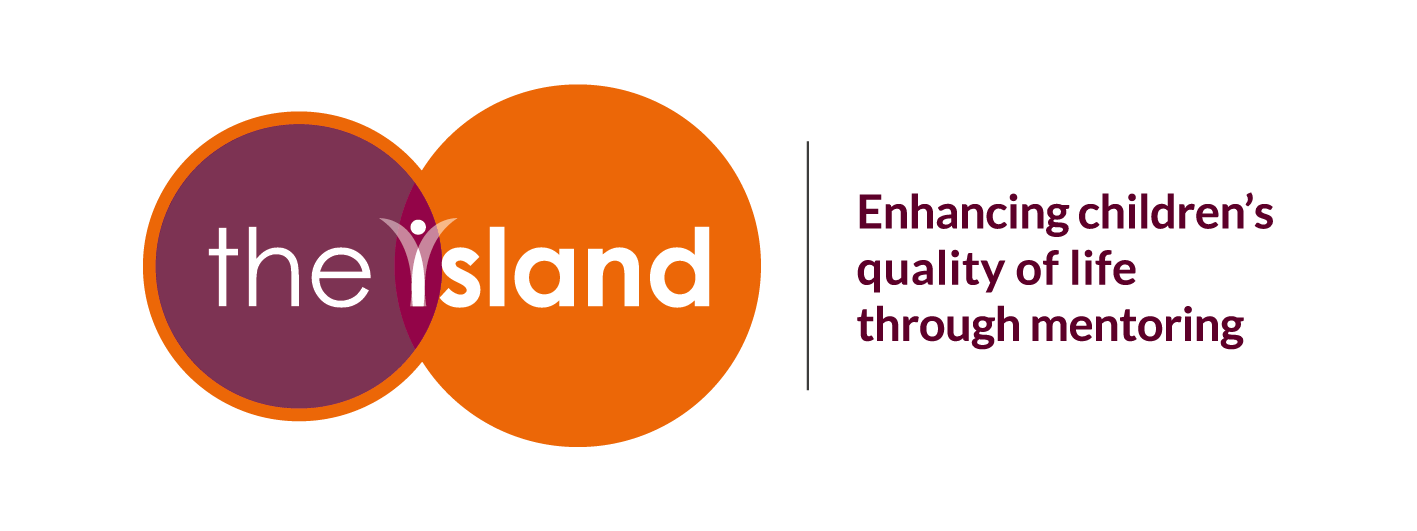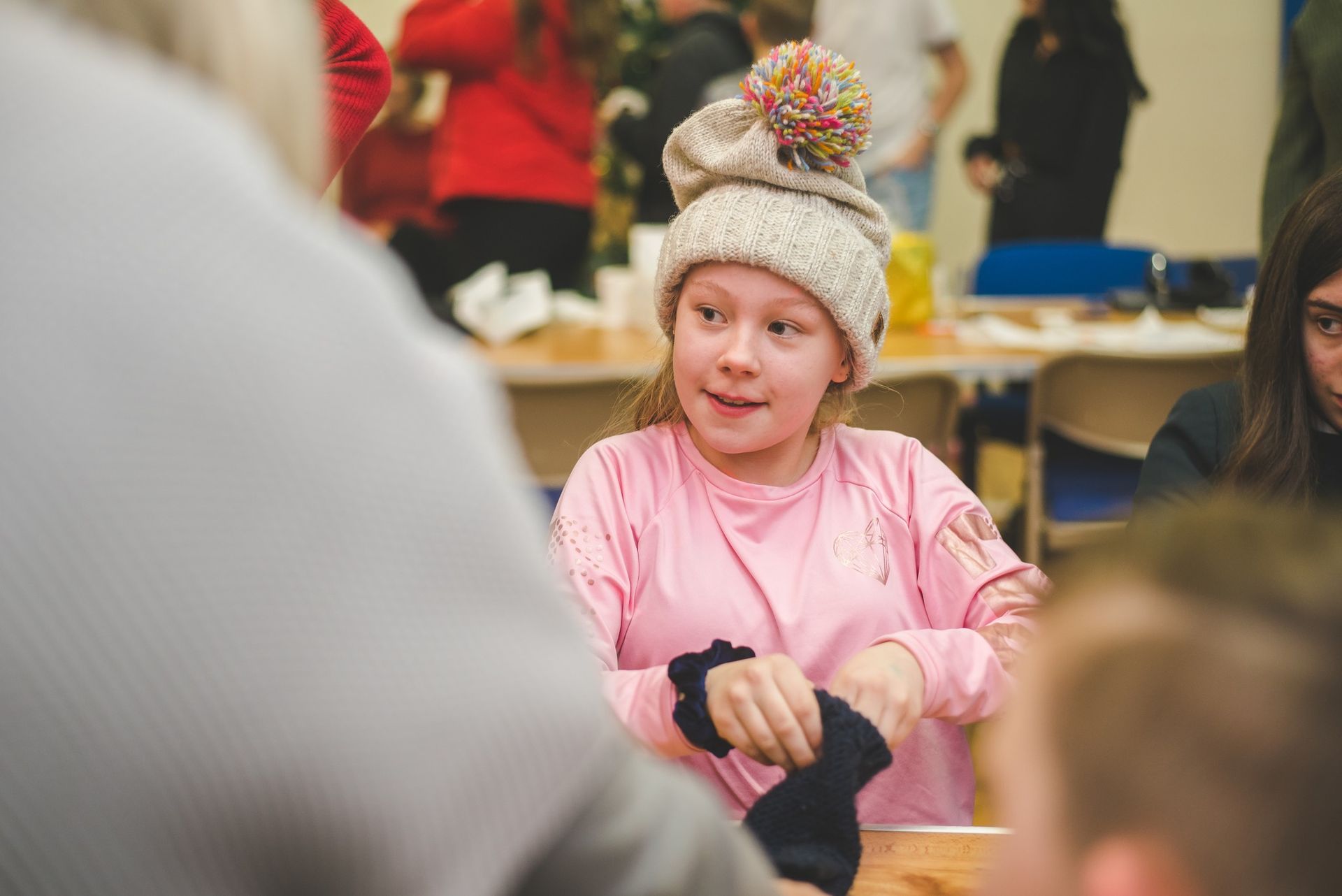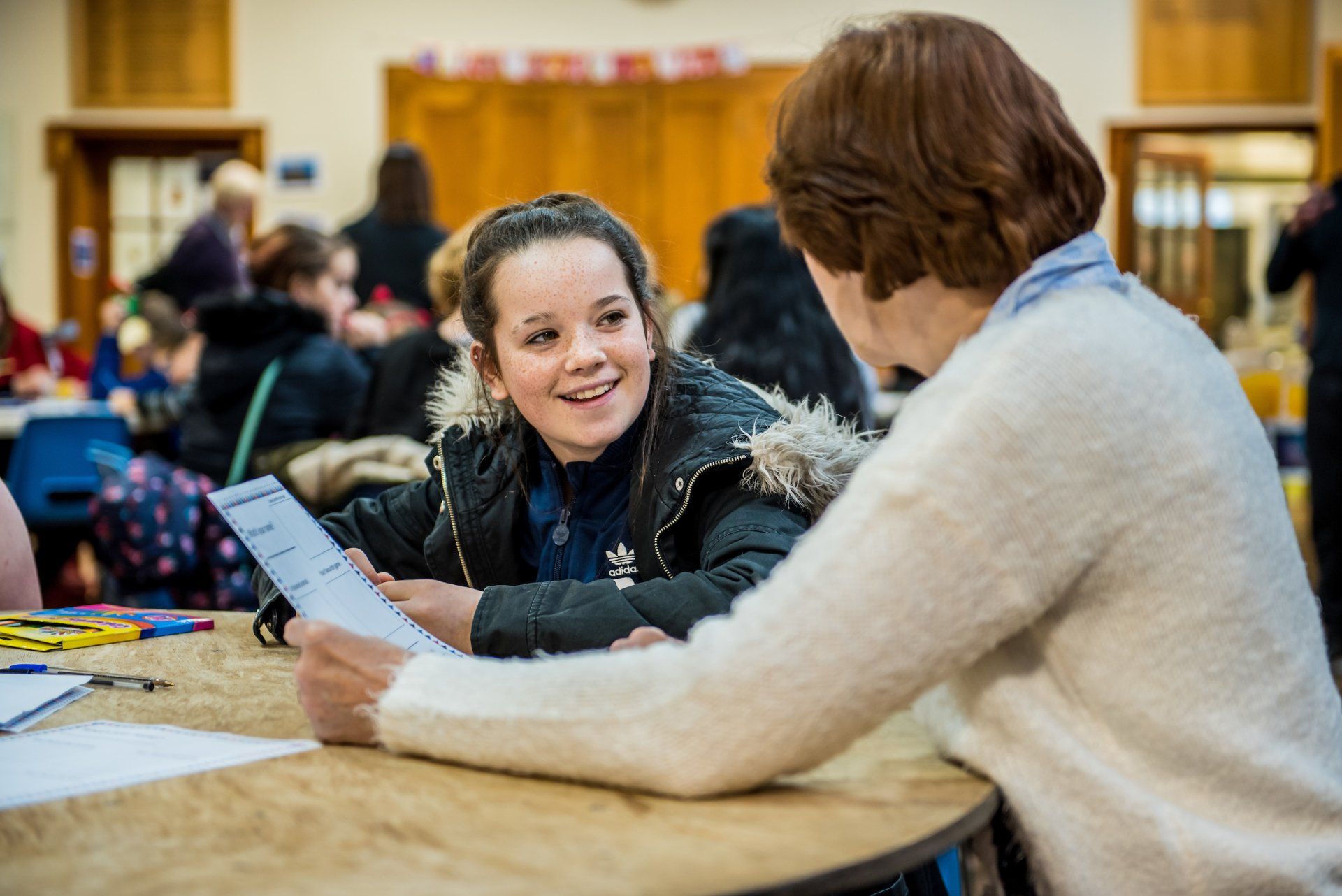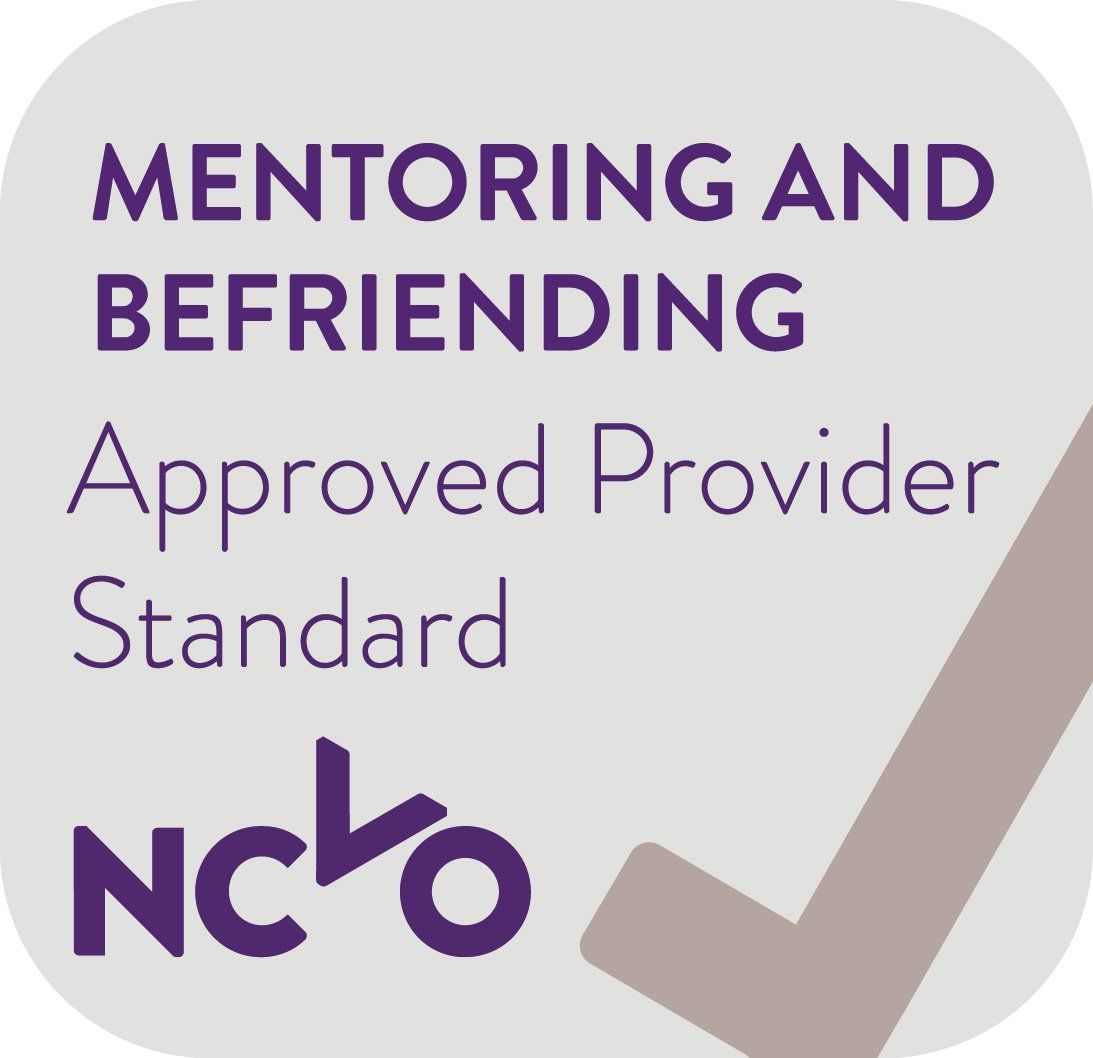Depression in childhood: what parents can do

Everyone has moments of sadness, however, when it prolongs for long periods of time, this is when it becomes an issue and can affect everyday life. According to YoungMinds, one in six children aged five to 16 were identified as having a probable mental health problem in July 2021, which is a huge increase from one in nine in 2017. That’s five children in every classroom. In this short blog post, we will discuss the early signs of childhood depression and what you as parents can do to best support them.
What is depression?
Depression is a state of intense and prolonged sadness that affects how you think, feel and behave. It often appears as a reaction to something traumatic happening within a child’s life, such as family breakdown or abuse (including bullying).
Common signs of childhood depression
Depression differs from person to person however, common traits tend to include:
- low mood
- loss of interest in activities that were previously enjoyed
- avoiding social situations
- feeling anxious, upset or irritable
- negative thoughts and feelings about themselves
- a sense a hopelessness
- a lack of energy or feeling tired all the time
The above are just a few symptoms that someone can have, but it is important to refer a child or young person to their GP to receive a full diagnosis so that the challenges can be tackled sooner rather than later so that they can take positive steps forward.
How to prepare for a GP's appointment to discuss potential childhood depression
Preparing for a GP's appointment in advance can be useful, especially in terms of communicating effectively to ensure the most effective outcome for the child or young person.
Before the appointment, make it clear to the child or young person why you are taking them, ask them to think about what they would like to say. The key during the appointment is to let the child or young person speak for themselves as speaking on their behalf can result in them not wanting to speak out regarding any challenges they may be facing.
We would recommend the following to prepare for the appointment:
- Have an open, honest and non-judgemental conversation with your child, this includes letting them know that they are not alone with their challenges and it is the GP's job to support them with their mental health
- Encourage your child to prepare some notes of what they want to say during the appointment. This will help them to keep on track and ensure they do not forget to mention something during the appointment
- Empower and encourage your child to speak out and let them know that you cannot speak on their behalf. It is natural for parents to want the best for their child, however, talking on their behalf may result in your child struggling to be heard
Questions to consider asking your GP about childhood depression
It can be overwhelming during a GP's appointment, however, asking questions is important and ensures that the child or young person gets the most out of the appointment. We’ve compiled a list of questions that may help during the appointment that you may want to ask, please do share them with your child:
- I don’t understand what you mean, please can you explain it differently?
- What is the waiting time on a referral and what other help is available whilst I wait for a response from the referral?
- What is the difference between therapy and counselling?
- How will the medication help and what are their side effects?
- How long will I need to be on the medication?
- Can you explain the difference between medication and counselling?
- Can you recommend any self-help resources that I can access?
- Do I need to see you again?
How is childhood depression treated?
Depression can be treated in several ways, including therapy and medication. Exercise is a great way to help relieve symptoms. Cognitive behavioural therapy (CBT) and other types of talking therapy are the most popular types of therapy for depression.
If these recommendations prove not useful then there may be other services available in your local community that you may not know about. Charities, like The Island, for example, provide mentoring programmes for children and young people living in York which we have seen can help improve mental wellbeing, despite us not being a mental health charity.
We hope you have found this blog post helpful; our blog is full of tips to help children and young people to thrive. To view our blog, click here. Alternatively, if you would like to support York children and young people experiencing challenges with their mental wellbeing, then please make a donation by clicking here.
Follow us on social media
Why not follow us on our social media channels - Facebook, Twitter, Instagram, LinkedIn and TikTok to keep up to date with our charity work in York - providing Islands of space and time for vulnerable children and young people; by building confidence, self-esteem and unlocking potential through positive mentoring relationships and unique programmes.



